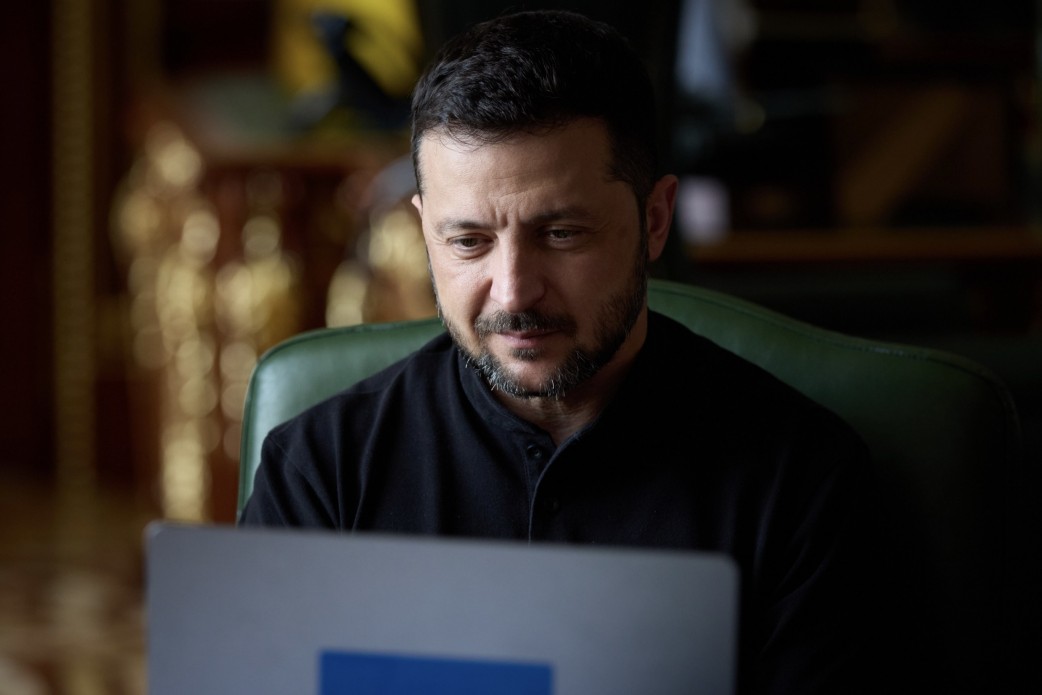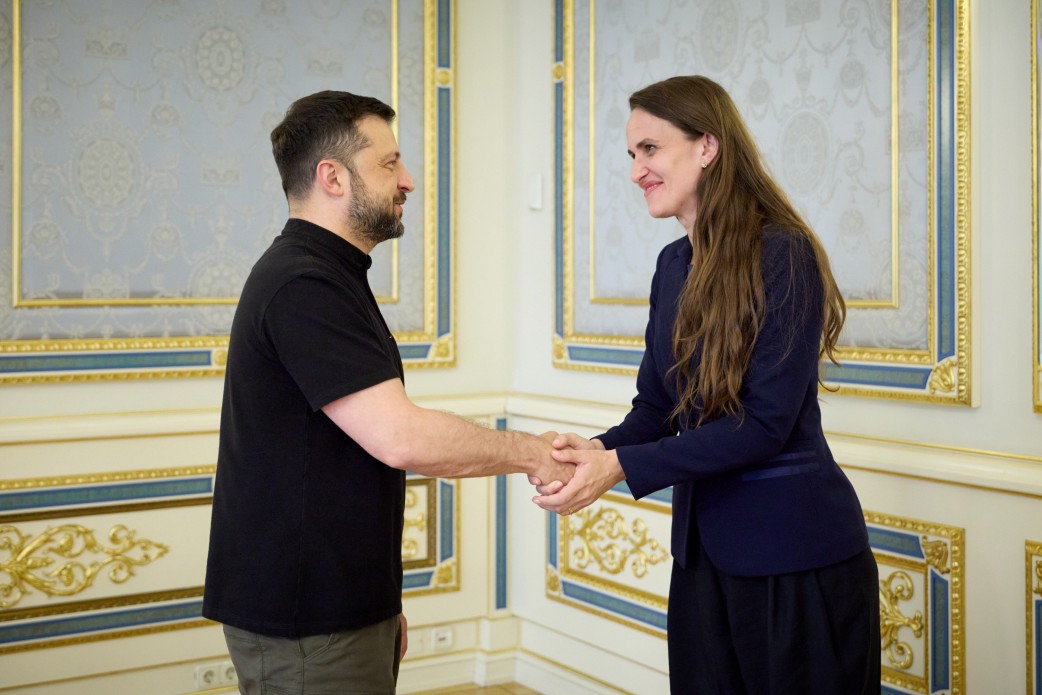German Foreign Minister Annalena Baerbock has put forward proposals for fundamental reforms within the European Union. She made these suggestions on November 2nd at a conference of foreign affairs ministers from European countries in Berlin.
To avoid the risk of reduced effectiveness within the EU after its expansion to 36 or more members, Annalena Baerbock suggested refraining from increasing the composition of the European Commission and the European Parliament after the accession of new countries and abandoning the principle of unanimous decisions.
Furthermore, Baerbock called for swift penalties against states that violate European legislation and for integrating countries planning to join the EU more quickly into the decision-making process.
"The solution to this problem requires bold decisions," she emphasized. She believes that the EU can become a strong player only if it undertakes the long-postponed task of revising the way the Union operates. She noted that such transformations would, among other things, temporarily mean Germany not having its own commissioner in the EU.
According to the German Minister, she understands the complexity and duration of such a process, but these efforts are necessary and ideally should yield results during the next European Parliament legislature from 2024 to 2029.
She mentioned that a specific reform plan could be defined in the first half of 2024 during Belgium's presidency of the EU.
At the same time, Baerbock reiterated the possibility of Ukraine and Moldova, in particular, joining the EU. She stated, "The heart of Europe is beating in Kyiv." In addition to these countries, the candidates for EU membership include Albania, Bosnia and Herzegovina, Montenegro, Serbia, North Macedonia, and Turkey.
The conference, organized by the German Ministry of Foreign Affairs, includes foreign ministers from 17 EU countries and states that aim to join the EU in the coming years, including Ukraine and Turkey. Another 11 countries are represented at the level of state secretaries in foreign affairs, as reported by the German Ministry of Foreign Affairs. The conference is co-organized by Germany and Spain, which holds the presidency of the EU Council.





















